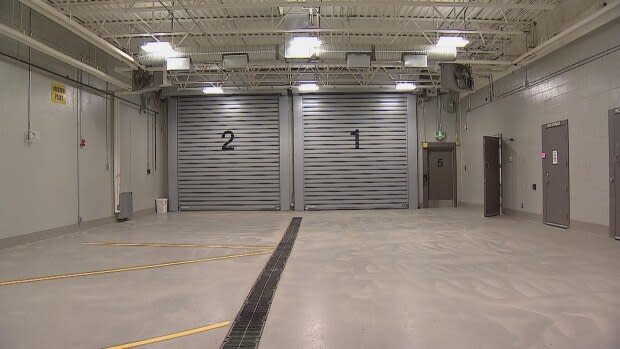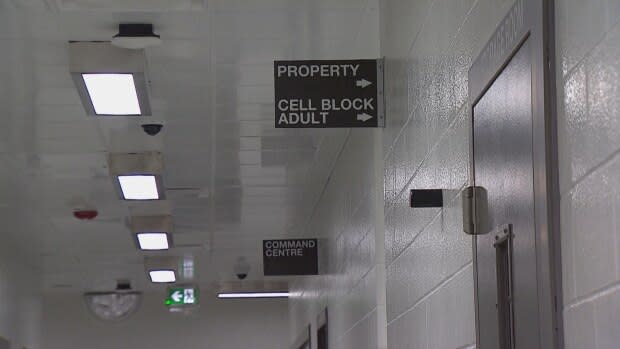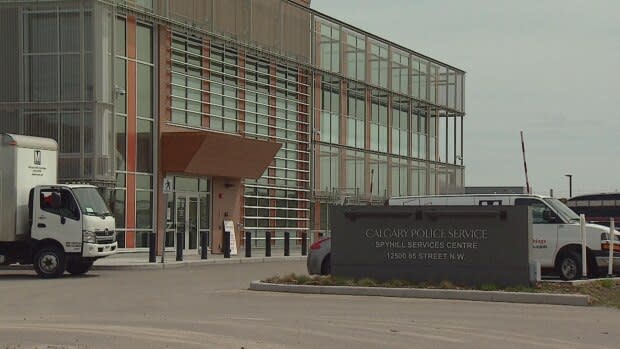Calgary police say their new booking facility is upgraded to fit with the times — take a look inside
Calgary's downtown arrest processing facility closes Wednesday, after nearly 60 years.
As of 6:30 a.m., people arrested in the city will be taken and processed at the new Spyhill Services Centre in the city's northwest.
Calgary's population has grown more than five-fold since the old facility was built in 1961, and in that time policing has changed significantly as well, Insp. Scott Boyd said.
"So much has changed in regards to duty of care," said Boyd, who is the head of the arrest processing unit.
"This purpose-built facility offers us a whole lot of different opportunities ... case law has changed as well as societal expectations for us."
The first big difference happens at the doors. At the old facility, arrestees were brought in from outside and perp-walked to the door, leaving them vulnerable to the weather and open to onlookers.
The new building has an entry bay, so arrestees will be brought in from vehicles indoors and away from prying eyes.

The old building was cramped, and suffered flood damage in 2013.
In the new building, signs at the front offer accessibility options and display flags representing the LGBTQ+ and trans and gender-non-conforming communities — a consideration that was brought into the holding cells as well, which Boyd says allow for separation by gender.
There's also a wing for anyone exhibiting flu or COVID-19 symptoms, and separate areas for adults and youth to better protect minors.

The lights can be dimmed or even shut off for arrestees to make them more comfortable overnight, as cameras are equipped for surveillance even in low-light conditions.
There are also suicide mitigation measures, better health-care facilities, and access to rooms where clients can visit with their lawyers.
Boyd said the modern facility will better support the 40 people per day who go through it.
"They [arrestees] come from all walks of life," he said, adding that "certainly a lot of work we do here is with people of the vulnerable, high risk population."

Another thing that's changed over the years is a focus on partnering with agencies to find supports for those in need, so their only option isn't to sleep overnight in a cell — less of the so-called "drunk tank," Boyd said.
Around 10 people get released from the centre every day, but as for its remote location (the old processing unit was located near the CTrain line downtown), Boyd said police will charter taxis for those who don't have means of transportation.

That was a relief for Dino Petrakis, president of the Rocky Ridge Royal Oak Community Association, who said transportation for those released from the facility was the biggest concern for its neighbours.
"Personally, I'm pretty comfortable," Petrakis said.
Area councillor Ward Sutherland said many don't realize there are three other custody facilities in the area, and said increased crime hasn't been an issue.
"It's a much better facility that's respectable for the individuals and of course the police service," Sutherland said.
Police will monitor the area over the next six months to evaluate any impacts on the surrounding community.


